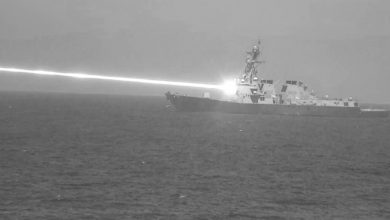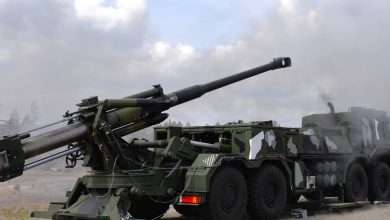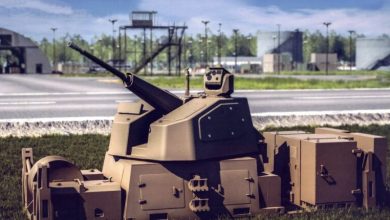Report: US Army Soldiers Dissatisfied With Stryker-Mounted Laser Weapon

The US Army is collecting feedback from its soldiers regarding the integration of a 50-kilowatt laser weapon on the Stryker armored vehicle, and responses so far have not been positive.
The service’s acquisition head Doug Bush recently told the Senate that soldiers who tested the Directed Energy Maneuver Short-Range Air Defense (DE M-SHORAD) are having difficulty with the system at different power levels.
“That [50-kilowatt] power level is proving challenging to incorporate into a vehicle that has to move around constantly — the heat dissipation, the amount of electronics, kind of the wear and tear of a vehicle in a tactical environment versus a fixed site,” he said.
Bush further pointed out that the positive results the DE M-SHORAD got from previous laboratory and live-fire trials are very different from how it performed in a tactical environment.
“Soldiers will tell you everything and they’re not worried about your feelings,” he said.
The DE M-SHORAD Program
In an attempt to find a mobile and cost-effective solution to defeat drones, the US Army experimented on mounting an RTX high-energy weapon onto a General Dynamics’ Stryker vehicle.
It tasked Kord Technologies for the initiative and specified that the system must be able to neutralize small, medium, and large drones, as well as incoming rockets, artillery, and mortars.
In August 2021, the service carried out the first tests of the DE M-SHORAD during a “combat shoot-off” at Fort Sill, Oklahoma.
Another live-fire test took place in May 2022 in which the system acquired, tracked, targeted, and defeated multiple mortars at White Sands Missile Range in New Mexico.
Earlier this year, the US Army announced the deployment of the Stryker-mounted laser weapon to the Middle East amid growing drone attacks from Houthi rebels.
But according to Army Vice Chief of Staff Gen. James Mingus, the DE M-SHORAD will not conduct live-fire tests yet or engage hostile drones, as it will focus on operating in dusty conditions.





